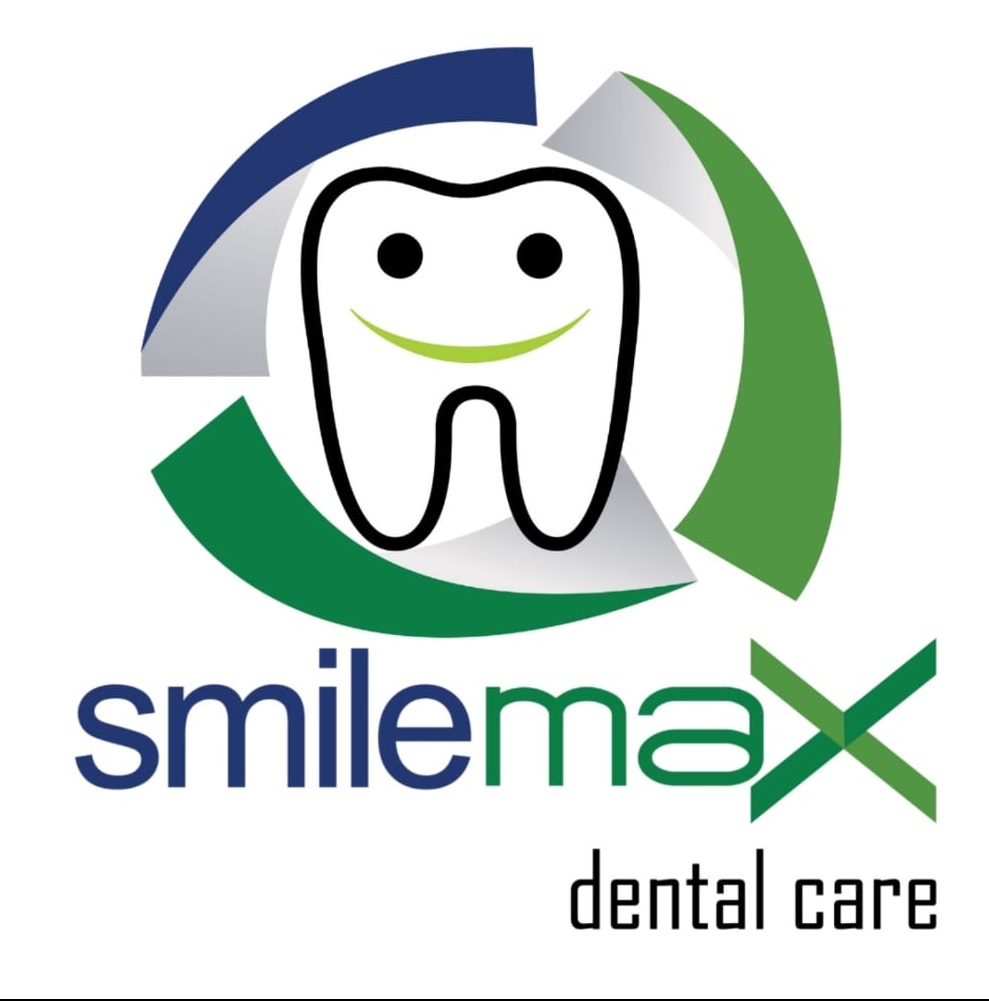Why would you require a dental implant?
Dental Implants are the most advanced therapy for replacement of missing teeth. Now get best Dental Implants Treatment in Gurugram.
Dental implants can be applied to exchange a single tooth, multiple teeth and the complete group of teeth. The aim of teeth exchangement in dentistry is for restoring function as well as esthetics. When we discuss to tooth replacement, then you will find that it is classified in three options:-
- Exchange dental appliances or complete denture and partial denture.
- fixed dental bridge that can be cemented.
- Dental implant.
Dentures are among the less expensive choices for replacement teeth but are the least desirable due to the inconvenience of exchangeable appliances in the mouth. Furthermore, dentures can damage an individual’s taste as well as sensory experience with food.

Dental Implants Treatment in Gurugram proceeds Dental bridgework which was among the best normal restorative choices prior to the relatively current shifts towards dental implant procedure. The important disadvantage to bridgework is the dependence upon the existing natural teeth for management. Implants are managed by bone only and do not damage the surroundings of natural teeth. Deciding on which option to select depends upon numerous factors. Specifically for dental implants, most of the factors include:-
- Place of missing tooth or teeth.
- Quantity and Quality of the jawbone where the dental implant is to be located,
- Health of the patient,
- cost on it
- Patient preference.
A dental surgeon identifies the area to be preferred for the dental implant and builds a clinical assessment of where the patient is a best candidate for a dental implant.
There are very perfect advantages to selecting a dental implant for tooth exchange across the other options. Dental implants are conservation in which the missing teeth can be exchanged without damaging and altering the adjacent teeth. Moreover, due to dental implants integrated into the bone structure, they are highly stable and can have the appearance and feel of an individual’s own common teeth.
What are the kinds of dental implants? Why are they used?
Generally, there have been two different kinds of dental implants:-
- Endosteal and
- subperiosteal.
Endosteal means an implant that is present “in the bone”. Whereas, subperiosteal means an implant that rests on the upper area of the jawbone beneath the gum tissue.
Subperiosteal implants are no more in application today because of their less durable long-term results as compared to endosteal Dental implants.

What happens before, during, and after dental implant surgery?
- During the consulting and planning stage, the dentist or your surgeon will thoroughly identify the site in the mouth at which place a dental implant is being recommended as well as appear at dental imaging studies i.e, X-rays, panoramic films, and CT scans.
- At this stage, the quality as well as quantity of jawbone is assessed for determining if multiple bones are required at the site.
- Once it has been recognized that a dental implant can be located in the desired place, the patient will get back to surgical treatments for the dental implant(s).
- During all operative treatments appointments, the patient is mainly given local anesthetic for numbing the operational area as well as any other sedatives required for comfortability and anxiety.
Is Dental Implant Surgery Painful?
- Dental implant surgery is generally organised under local anesthetic, and therefore, without pain and no uncomfortability should be felt in the procedure.
- Later the local anesthetic is removed, the post-operating discomfort will derive with each individual case.
- However, in general terms most people will experience discomfort exactly after a tooth extraction.
- Cold ice pack is located on the skin over the area of operation immediately after the procedure to help limit swelling.
- This pain generally can be supported with across the counter pain medications like:- ibuprofen or Advil and acetaminophen or Tylenol.
- Highly invasive operations may need stronger prescription pain medication and high recovery time.




